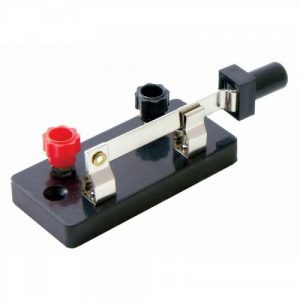Tech Tips

Every now and then, a tech will call me and give me the same story of woe. They're working on a system and have the following readings: Low superheat Low suction pressure Low head pressure They'll reassure me that the system airflow is correct. So, what could possibly be wrong? I'll ask how they could […]
Read more

When I was younger, I used to play and watch golf quite often. My father enjoys golf, and he would take me with him on many of his Saturday morning rounds. As a kid, it was all about DISTANCE. All I cared about was how far I could whack the ball with a driver—ESPECIALLY when […]
Read more

I need to warn you… The following list is the actual process we use at the company I own for our typical “standard” residential maintenance. I'm sure you will find some things you do differently. Take it for what it is, and I'm happy to get any feedback you may have. Read the call notes, […]
Read more

This article about A2L refrigerants was written by Don Gillis with Chemours. Thanks, Don! HVACR service technicians find themselves at the forefront of the refrigerant transition in AC and commercial refrigeration. As hydrofluorocarbon (HFC) refrigerants with high-global warming potential (GWP) are being phased down, mildly flammable A2L refrigerants have been identified as potential lower-GWP alternatives. […]
Read more

I am in the midst of testing the accuracy and repeatability of different types of airflow measurements for techs in search of the most practical methods for different applications. A commonly taught method for measuring airflow is the temperature rise method, where you use a heat source that produces a set number of BTU/h, such […]
Read more

It's Friday at 6 PM. The schedule is clear, as far as you can tell. Other guys have been getting cleared right and left, so you call in standby. Five minutes pass. Ten minutes pass. You check in again, and sure as &%$#, there it is! You get sent across town to another call that […]
Read more

On an energized, intact circuit, you will read voltage across an OPEN switch when testing with a voltmeter. However, you probably won't read significant voltage across a CLOSED switch. Both sides of a closed switch are electrically identical (or at least very close). Therefore, there should be no movement of electrons between the leads of […]
Read more

Receivers, which we sometimes call “liquid receivers,” are components that store refrigerant. You'll see it on everything from small self-contained refrigeration units to very large commercial and industrial systems. Many new techs who are used to residential air conditioning confuse receivers with accumulators. It's an understandable error, as they both contain liquid refrigerant. However, you'll […]
Read more

Just so you don't get bored and quit reading, let's get straight to the point. When the blower runs for more than a few minutes after the system has cycled off in cool mode, the air may continue to be “cooler” (lower sensible temperature) coming out of the supply. However, the heat content of the […]
Read more







